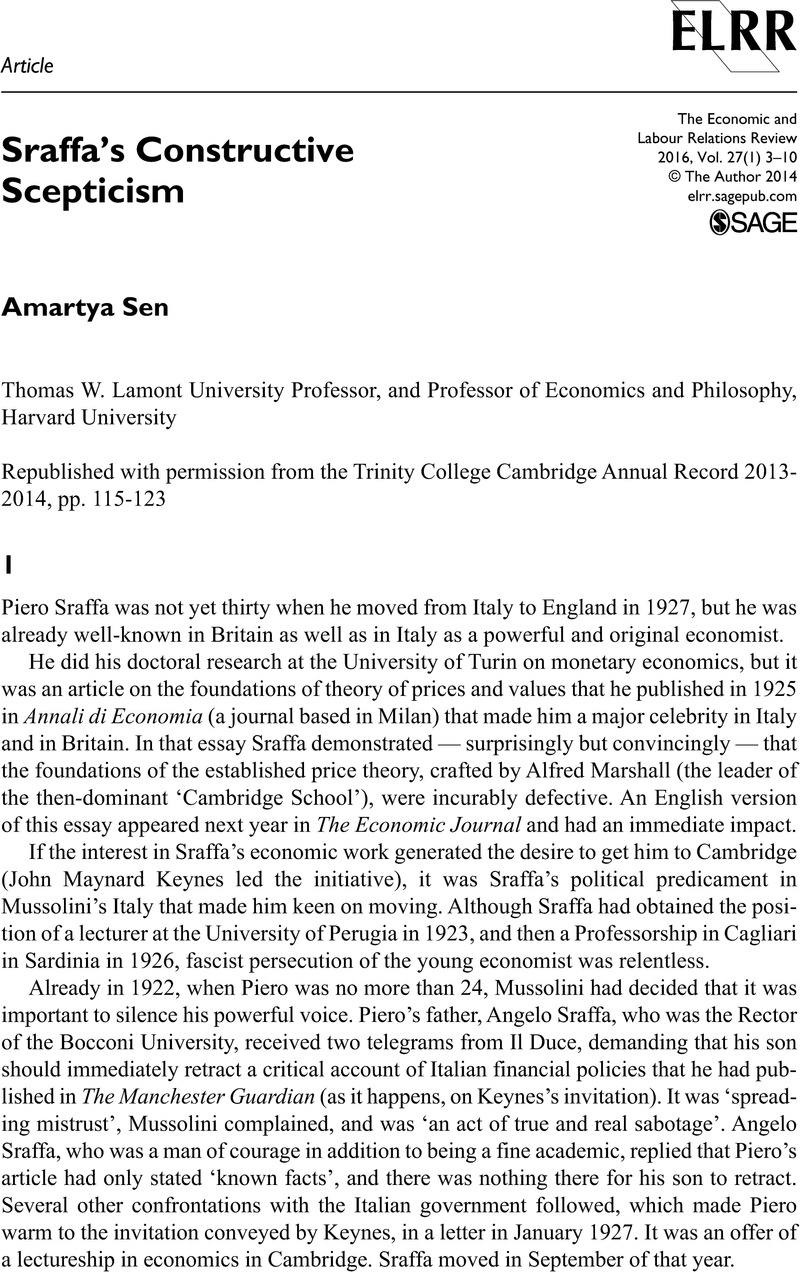Crossref Citations
This article has been cited by the following publications. This list is generated based on data provided by Crossref.
Cesaratto, Sergio
and
Di Bucchianico, Stefano
2021.
The Surplus Approach, Institutions, And Economic Formations.
Contributions to Political Economy,
Vol. 40,
Issue. 1,
p.
26.



